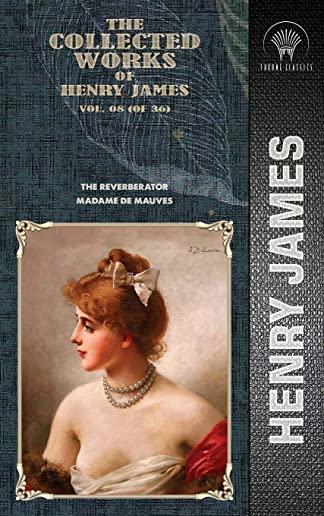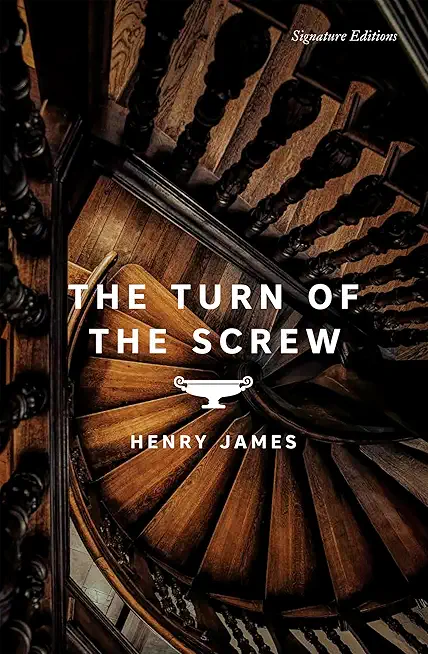
James, Henry
The Reverberator is a short novel by Henry James, first published as a serial in Macmillan's Magazine in 1888 and then as a book later the same year. Described by the leading web authority on Henry James as "a delightful Parisian bonbon," the comedy traces the complications that result when nasty but true stories about a Paris family get into the American scandal sheet of the novel's title.
George Flack is the Paris correspondent for an American scandal sheet called The Reverberator. Francie Dosson, a pretty but not always tactful American girl, confides to Flack some gossip about the Proberts, the Frenchified (but originally American) family of her fianc , Gaston Probert.
Predictably to everybody except Francie, the nasty gossip winds up in The Reverberator, much to the horror of the stuffy Proberts. Francie makes no attempt to hide her role in giving Flack the juicy details. Gaston is initially dismayed by his fianc e's indiscretions. But with the somewhat surprising support of his sister Suzanne, he decides to accept Francie, who never tries to shift the blame to Flack. Gaston stands up to the outraged members of his family and marries his fianc e.
Madame de Mauves is a novella by Henry James, originally published in The Galaxy magazine in 1874. The story centers on the troubled marriage of a scrupulous American wife and a far from scrupulous French husband, and is told mostly from the point of view of a male friend of the wife. The tale reflects the intense interest James took in the "international theme," especially early in his career. One of the longest fictions he had yet attempted, the smoothly narrated story shows that James was rapidly maturing in style and technique.
A wealthy American man named Longmore is introduced to his countrywoman Euphemia de Mauves, wife of the Comte Richard de Mauves. Longmore and Madame de Mauves become friends, and he visits her frequently in Paris. Superficially, Madam de Mauves leads a happy life with a wealthy and "irreproachably polite" husband, but Longmore soon becomes convinced that she harbours a deep sadness. It gradually becomes clear that the Comte is an unscrupulous and dissipated man who married his wife for her money alone. As a youth, Madame de Mauves had been naive and idealistic, believing that the Comte de Mauves' title guaranteed a fine character. The Comte, however, proved to have little regard for his wife, and had embarked on a series of extramarital affairs. Even his politeness "was hardly more than a form of luxurious egotism, like his fondness for cambric handkerchiefs.... In after years he was terribly polite to his wife." Madame de Mauves' faith in her ideals is destroyed, but she responds with stoic resignation.
Longmore falls in love with Madame de Mauves, but, understanding that he cannot be her lover, and believing that she desperately needs a friend, he tries to sublimate his love into friendship. This attitude is reinforced by Madame de Mauves, who welcomes his friendship, but is hostile to any sentiment on his part. However both the Comte de Mauves and his sister, the crass widow Madame de Clairin, hint that Longmore should woo Madame de Mauves. The Comte wishes her to take a lover so that he may be free to pursue his own affair.
member goods
listens & views

MUSICAL ADVENT CALENDAR 2011
by MOURET / HAMMERSCHMIDT / AXTMANN / CANTART
COMPACT DISCout of stock
$12.25






